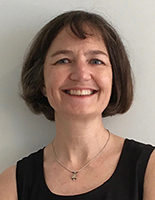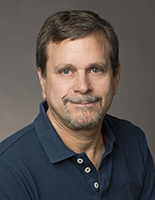The Vision Sciences Society is pleased to announce that we are now accepting nominations for the Davida Teller Award.
The Davida Teller Award was created in honor of Professor Davida Teller’s exceptional scientific achievements, great collegiality, and strong history of mentoring. The award is given to a woman vision scientist who has made exceptional contributions to the field of vision science and also has a strong history of mentoring. The nature of this work can be fundamental, clinical or applied. The Davida Teller Award is open to all career stages. The recipient will be recognized at the VSS 2018 meeting in St. Pete Beach.
Nomination Process
Nominations may be made by any current member of the Vision Sciences Society, as well as those who hold emeritus status. A nominee must have been an active VSS member in recent years. Previously considered nominees are eligible to be re-nominated.
The nomination should include the following:
a nomination letter, which outlines in detail the excellent contributions and innovations of the nominee, as well as her history of mentoring. Clear indicators of research and mentoring impact should be discussed;
a curriculum vitae which includes an up-to-date publication list of the nominee;
supporting letters describing the importance of the nominee’s scientific contributions, as well as any mentoring activities undertaken by the nominee.
Nominations should be submitted by email to Shauney Wilson.
Nominations will be reviewed by an Award Committee comprised of three established visual scientists selected from the VSS membership. Members of the Award Committee and of the VSS Board of Directors cannot serve as nominators.
Schedule
Nominations Open: November 1, 2017
Nominations Close: January 8, 2018
Recipient Announced: March 1, 2018


